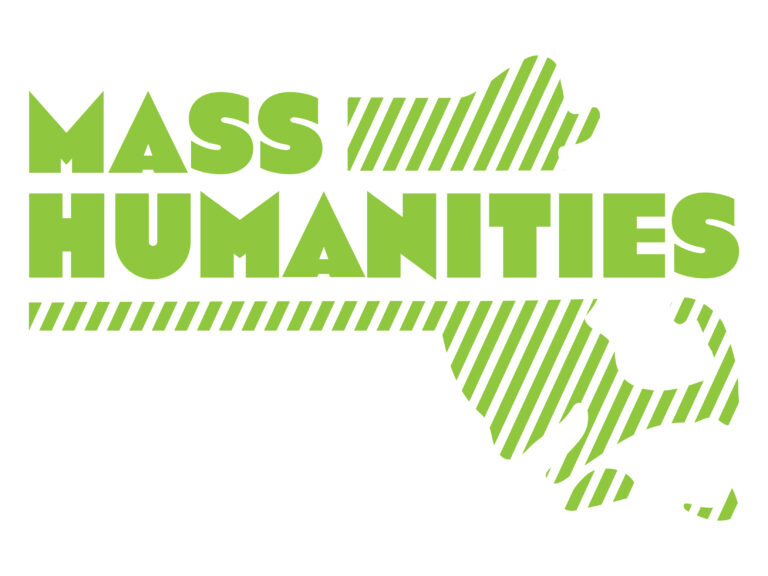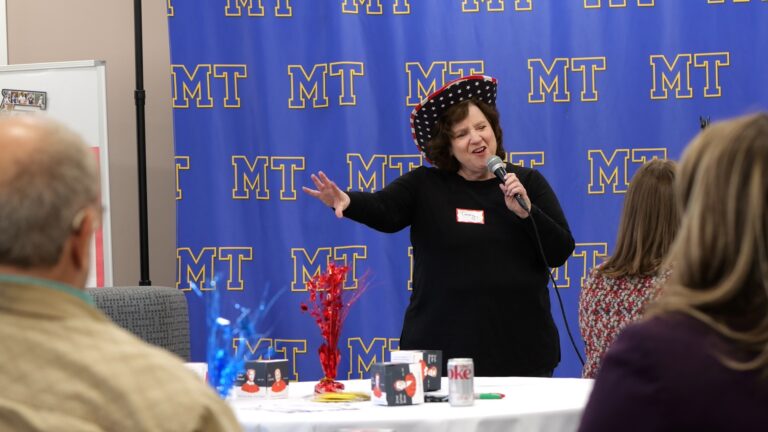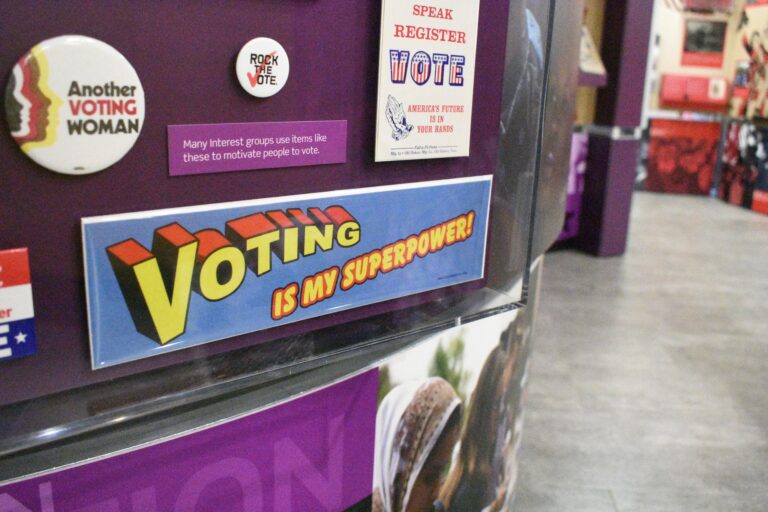Funds available for projects that explore voting rights.
To commemorate the centennial of the 19th Amendment, Mass Humanities will prioritize funding public programs in 2020 that use the humanities to explore voting rights in America. Applications were accepted during the Fall 2019 Project Grant round for “The Vote: Exploring voting rights in the U.S.”
Mass Humanities invites non-profit organizations to submit Letters of Intent no later than September 9, 2019 for Project Grants. Click here to learn more.

The 19th Amendment
The 19th Amendment to the U.S. Constitution declared that the right to vote could not be denied on the basis of a person’s sex. Ratified in 1920, it marked a major victory in the women’s movement by extending the vote to women. But with racism and xenophobia on the rise in the late nineteenth and early twentieth centuries, many women of color, like their menfolk, could still not vote. Poll taxes and literacy tests effectively barred many African Americans from voting, especially in the South, and Native Americans in 1920 could gain the right to vote only by severing their ties to their tribes. Many states had passed laws making it illegal for noncitizens to vote, and Chinese Americans were barred from citizenship. Clearly the ratification of the 19th Amendment represents a complicated moment in our nation’s history, one that warrants thoughtful reflection on how to commemorate it.
The year 2020 arrives at another pivotal period in our nation’s electoral history. Some states are considering extending the franchise to felons and younger teens, while others have increased the hurdles to voting. As voting rights, voter fraud, and electoral security are being debated across the country, the humanities offer essential resources for deepening our understanding of this moment.
Mass Humanities invites applications for projects that explore the many dimensions of voting rights in America, using the lens of history, literature, philosophy, jurisprudence, identity-based studies, or any other humanities discipline.




